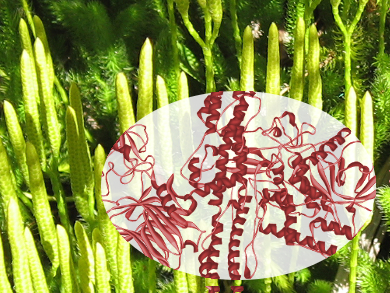Botulism, a potentially fatal medical condition characterized by paralysis, is caused by neurotoxins from the bacterium Clostridium botulinum. There are very limited treatment options for botulism, mostly based on administering antitoxins within 24 hours of symptom onset. Once the toxins have damaged nerve endings, the only option is supportive care such as mechanical ventilation.
3,4-Diaminopyridine (3,4-DAP) has shown promise as a treatment for botulism that can actually reverse the effects of the neurotoxins even after 24 hours by restoring normal firing in nerve fibers. However, its pharmacokinetics are problematic: It has a short half-life in the body, and can induce seizures when given in high concentrations. Together, this would mean it needs to be administered continously during the treatment, which can last months.
Kim D. Janda, Scripps Reasearch Insitute, La Jolla, CA, USA, and colleagues have developed an oral delivery method for 3,4,-DAP that is based on microencapsulation of the compound to ensure a controlled release. The team used exines (the outer coating) from the spores of the moss Lycopodium clavatum to cover the diaminopyridine.
The spores are widely available and can be treated to remove their interior components. The remaining shells are non-allergenic and non-toxic, and had already been used in human studies to, e.g., mask the taste of cod liver oil. The microcapsules withstand stomach acid, and nanochannels in their shell allow the slow release of 3,4-DAP. This approach is a promising treatment option for reversing botulinum intoxication.
- Lycopodium clavatum Exine Microcapsules Enable Safe Oral Delivery of 3,4-Diaminopyridine for Treatment of Botulinum Neurotoxin A Intoxication,
Tyler L. Harris, Cody J. Wenthur, Alberto Diego-Taboada, Grahame Mackenzie, Terry S. Corbitt, Kim D. Janda,
Chem. Commun. 2016.
DOI: 10.1039/C6CC00615A




